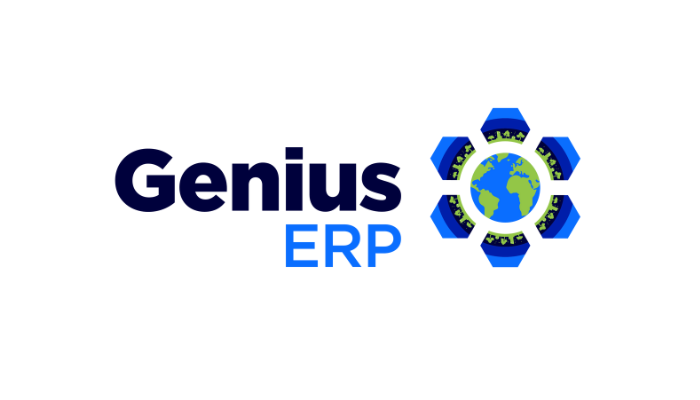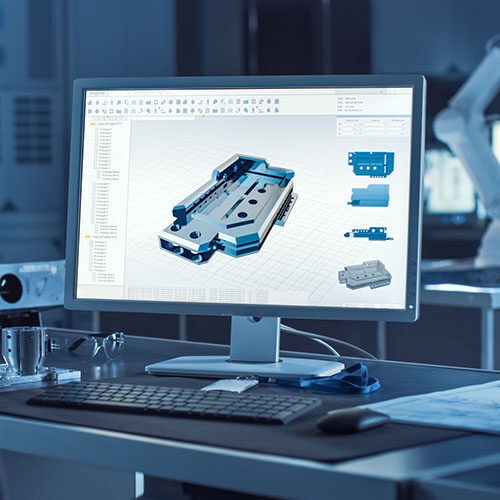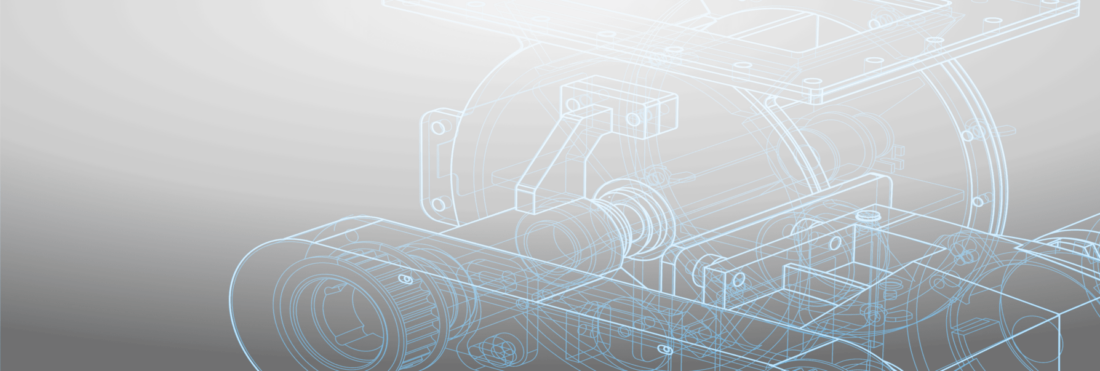
Are you looking for your first ERP? It can be daunting, especially when you are new to the concept and don’t know much about ERPs. To help you out, we have compiled the answers to the most frequently asked questions we get asked about ERPs by manufacturers: Learn why ERPs are one of the most important tools for manufacturers and how to find the right system for your shop.
Why do I need an ERP?
An ERP system is critical for manufacturers, especially in our current market conditions, because an ERP helps manufacturers lower costs, increase efficiency, and improve productivity.
An ERP system connects every department and aspect of your business and integrates your financials, supply chain, operations, reporting, and manufacturing activities into one system, helping you increase productivity. Nothing else streamlines business processes, provides accurate real-time data, and reduces costs better than an ERP system.
ERPs reduce operational and administrative costs by helping you better manage every aspect of your shop. From labor costs to supply chain management to inventory tracking, an ERP will help you become more efficient — which will lower costs. Real-time data from your ERP lets you continually track, control, and fine-tune your shop.
ERPs are also the foundation for Industry 4.0 technologies for manufacturers because ERPs are the best way to create visibility and connectivity across your organization. Before taking full advantage of these new technologies, you must build a strong foundation for your shop with the right ERP.
How do I find the right ERP for my business?
Lucky for you, we wrote an ebook on this topic, which will guide you through the process and help you find the best ERP for your business.
In short, The right ERP is all about fit and will vary depending on your industry, your size, your budget, and your business’s needs. What may be the best solution for the plant down the street may not be right for you.
While input from other manufacturers about their experiences with an ERP is important, to find the best ERP for you, you need to take a hard look at your business, including your strengths and weaknesses, plus your unique needs. After you have done some critical thinking about your own shop, you can start to investigate ERP vendors to find the right solution for your business.
The best way we have found to help manufacturers narrow down their needs is to write your needs as actionable items. By the end of the process, you will have a list of what your business needs most, and you will be able to find a system that fits you. A little extra work upfront will be extremely helpful down the line as it will save you from making costly mistakes — and possibly picking the wrong system.
The best way to create your list of needs is to use the following sentence: “We need to improve ______ by ______.” Maybe you need to improve profitability by cutting down on raw material costs, or perhaps you need to reduce errors by streamlining operational procedures.
Make your list, and then start looking at different ERP systems available on the marketplace. With your list in hand, you will more easily be able to narrow down the systems that are right for you, and you won’t be swayed by fancy sales pitches that hype features you don’t need. You can focus with laser-like precision on what is right for you and find the best system that matches up with you.
To learn more about how to choose the right system for you, download our ebook and ERP selection checklist here.
What are the most important features to look for in an ERP?
The features that you need will depend on your industry and your business. We can’t stress enough how important it is to find the right ERP for you. What is critical to you and your business won’t necessarily be the same priorities as other shops.
When thinking about features, it is essential that you always go back to the list of action items you made for your business. We’ll give you a helpful list below of features — but remember, first and foremost, it’s all about your business.
With that being said, some of the most critical ERP features for custom manufacturers are:
- Manufacturing resource planning
- Robust inventory management
- Scheduling and shop floor management
- CAD-ERP integration
- Fully integrated accounting
- Customer relationship management
- Analytics and business intelligence
ERP systems found on the market today are highly robust and offer a variety of tools, features, and functionalities designed to meet the unique needs and challenges of custom manufacturers. A good manufacturing-specific ERP solution should have everything you need to manage your custom manufacturing business — both more standard features like MRP, inventory management, and accounting, but will also have features that speak to your unique needs, like CAD integration, shop floor management, and advanced reporting and business intelligence features.
RELATED ARTICLE: What is right for me? Generic vs. Industry-specific ERPs
How much does it cost?
This is a tricky question to answer. Pricing for ERPs is difficult to determine as most companies don’t generally share this information publicly. Different companies will also have different pricing methods, making it hard to make direct comparisons.
Typically, there is an upfront cost for the system and implementation and then yearly licensing or product or service fees. Your business’s needs, number of users, the level of customization you require, and how much training and help you need for implementation will all affect the overall price of the system.
ERP providers are divided into tiers, each servicing a different size of business. Tier 1 ERPs have a high total cost of ownership and are made for Fortune 100 companies with revenues that are usually measured in the billions of dollars, whereas tier 3 ERPs have a much lower cost but only a very basic level of functionalities and are primarily intended for small businesses or those running a vertical line of business.
Tier 2 is where many custom manufacturing businesses will find themselves, and there are many different ERP providers within this tier with solutions tailored to specific needs and industries. Within tiers, pricing for similar products is generally competitive, but obviously, there is still variation depending on your unique needs. You can try downloading a guide, such as ERP Focus’s ERP Software Pricing Guide, to learn about pricing and compare costs. But even well-researched guides such as this are not entirely accurate as, again, most companies don’t disclose their fees.
How long does it take to get an ERP?
Lucky for you, we wrote an eBook on this topic too! The truth is that implementing an ERP takes time, and we’re not going to lie — ERP implementation is a difficult task, and many projects fail.
Our best advice is to properly invest in an ERP project and do it right, right from the start. Putting in the time, money, and energy up front will save you lots in the long term. Implementing an ERP system, especially your first one, is very disruptive. If you understand this, and put the right level of resources into it, you can successfully implement your system, plus, we promise, the investment will pay off, and you will reap the rewards.
RELATED ARTICLE: ROI: What Return Can You Expect From an ERP Investment
We also recommend that you implement your ERP system in phases — putting in place the features you need most first — and then following through on additional modules in subsequent steps. Four to six months is a good timeframe for your first phase, as you can concentrate on getting to know the system and getting the features you need most in place. We find this timetable gives you enough time for training your staff and getting everyone up to speed but is not too long, and you won’t risk your project fizzling out.
For more information and expert tips on how to implement an ERP system, watch our webinar: The Do’s and Don’ts of ERP Implementation From an ERP Expert.
_____________________________
We hope this answers your questions as you start your journey toward finding an ERP that is right for your business. For more information on ERPs, please check out our eBooks page, all of our handy webinars, plus our blog, where you can find lots of insider knowledge and advice on how to find the best ERP for your manufacturing business.
Get your eBook Scared to implement a new ERP?
"*" indicates required fields



